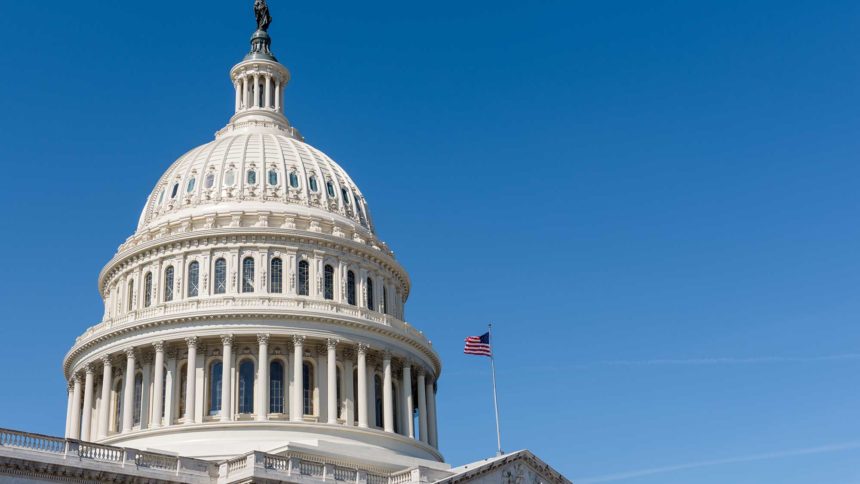
An attempt to include direct aid to senior living operators in the American Rescue Plan Act failed in the Senate on Saturday, but the effort represents “forward progress” as the industry continues to battle the coronavirus, according to Argentum.
Sen. Susan Collins (R-ME) introduced Amendment 1345, which would have provided $35 billion in additional relief for healthcare providers to cover healthcare-related expenses and lost revenues due to COVID-19. Under the proposal, eligible providers would have included assisted living communities as defined by the Older Americans Act as well as “senior congregate home” providers as defined by the secretary of the Department Health and Human Services.
“The significance of this is that for the first time senior living communities are specifically targeted for federal relief dollars,” Argentum said in a statement. “Despite the defeat of the amendment, having a Senate vote on this language is an important step forward.”
Covered expenses would have been those to “prevent, prepare for and respond to COVID-19, including the building or construction of a temporary structure, the leasing of a property, the purchase of medical supplies and equipment, including personal protective equipment and testing supplies, providing for increased workforce in training, including maintenance staff, obtaining additional staff, or both, the operation of an emergency operation center, retrofitting a facility, providing for surge capacity, and other expenses determined appropriate by the secretary,” according to the amendment.
Argentum said that the association and its consultants led the effort with Collins to draft and propose the amendment and now will “utilize the support we’ve garnered through this process to urge the administration to make additional support from the Provider Relief Fund available to the industry.”
Assisted living communities have been promised less than 2% of funding from the Provider Relief Fund and have received only about half of that amount to date, according to the association.
Co-sponsors of the amendment, Argentum said, were Sens. Thom Tillis (R-NC) and Kevin Cramer (R-ND).
“We appreciate the efforts from Sens. Collins, Tillis and Cramer and their understanding of the critical needs of assisted living communities as a result of COVID-19,” Argentum President and CEO James Balda said in a statement. “The filing of this amendment is critical to the industry, regardless of its success. It is forward progress for us in continuing to share that assisted living providers and senior living communities desperately need more relief and resources.”
Congress.gov also lists Sen. Rob Portman (R-OH) as a co-sponsor of the amendment.
Collins and 10 other Republican senators proposed a coronavirus relief package that, at $650 billion, was smaller than the $1.9 trillion bill previously passed by the House and then passed by the Senate on Saturday. The House and Senate versions now must be reconciled into a final bill to be sent to President Biden. The House is expected to vote on the final bill on Tuesday to enable Biden to sign it before unemployment aid programs contained in previous legislation expire Sunday.
In a recent survey, more than half of participating senior living providers said they are operating at a loss, up 20% from October; 56% said they won’t be able to sustain operations for another year.
In a call with members of the media last week, American Health Care Association and National Center for Assisted Living President and CEO Mark Parkinson also pointed to the Provider Relief Fund as one of two potential avenues for coronavirus relief for senior living providers, since the package expected to land on Biden’s desk does not contain any direct funding for senior living providers. Approximately $25 billion in unallocated Provider Relief Funds could continue to provide support for long-term care, especially assisted living, which has received “very little help” from the federal government so far, he suggested.
Also, noting that the American Rescue Plan Act earmarks $200 billion for states, Parkinson said that the organization is asking state governments to review their Medicaid programs and provide assistance not just to long-term care providers but to all providers that have been adversely affected by the pandemic.



